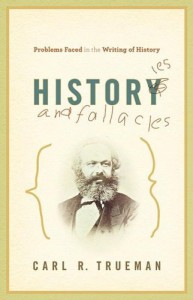I taught on justice in Bethlehem College and Seminary chapel last week: “Justice: Divine, Imputed, Imparted, Public, and Ultimate.”
Here’s the pocket definition of justice I work with in the talk:
Justice is (1) getting what you deserve and (2) giving others what they deserve.
Here’s the talk’s outline:
- Divine Justice: God’s Character
- Imputed Justice: Justification
- Imparted Justice: Progressive Sanctification
- Public Justice: Impartiality in Society
- Ultimate Justice: Final Judgment
Related:







